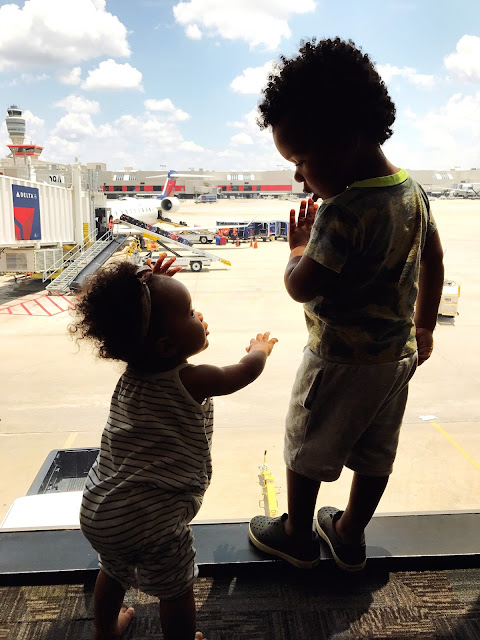Legacy
For my English Composition: Creative Persuasion and Argument class, I had to write a compelling essay using the Evaluation Arguments technique. I chose the topic of the harsh admissions world of Elite Colleges.
Paragraph after paragraph I wrote the statistics of higher numbers of high school graduates than ever, the statistics of Harvard and MIT and Stanford dropping to admissions rates as low as 7%, the importance of those little "ethnicity" boxes, and the worst of them all-the legacy students.
The Chronicle of Higher Education writes "A researcher at Harvard University recently examined the impact of legacy status at 30 highly selective colleges and concluded that, all other things being equal, legacy applicants got a 23.3-percentage-point increase in their probability of admission. If the applicants' connection was a parent who attended the college as an undergraduate, a "primary legacy," the increase was 45.1-percentage points."
In other words, if a nonlegacy applicant faced a 15-percent chance of admission, an identical applicant who was a primary legacy would have a 60-percent chance of getting in.
Shocking.
Tragic.
...I don't care. Our babies can have the benefit of Nigerian/Caucasian descent and Stanford Alumni daddy all they want, we won't mind the added acceptance percentage points. Go Cardinal!
Paragraph after paragraph I wrote the statistics of higher numbers of high school graduates than ever, the statistics of Harvard and MIT and Stanford dropping to admissions rates as low as 7%, the importance of those little "ethnicity" boxes, and the worst of them all-the legacy students.
The Chronicle of Higher Education writes "A researcher at Harvard University recently examined the impact of legacy status at 30 highly selective colleges and concluded that, all other things being equal, legacy applicants got a 23.3-percentage-point increase in their probability of admission. If the applicants' connection was a parent who attended the college as an undergraduate, a "primary legacy," the increase was 45.1-percentage points."
In other words, if a nonlegacy applicant faced a 15-percent chance of admission, an identical applicant who was a primary legacy would have a 60-percent chance of getting in.
Shocking.
Tragic.
...I don't care. Our babies can have the benefit of Nigerian/Caucasian descent and Stanford Alumni daddy all they want, we won't mind the added acceptance percentage points. Go Cardinal!



Comments
Post a Comment